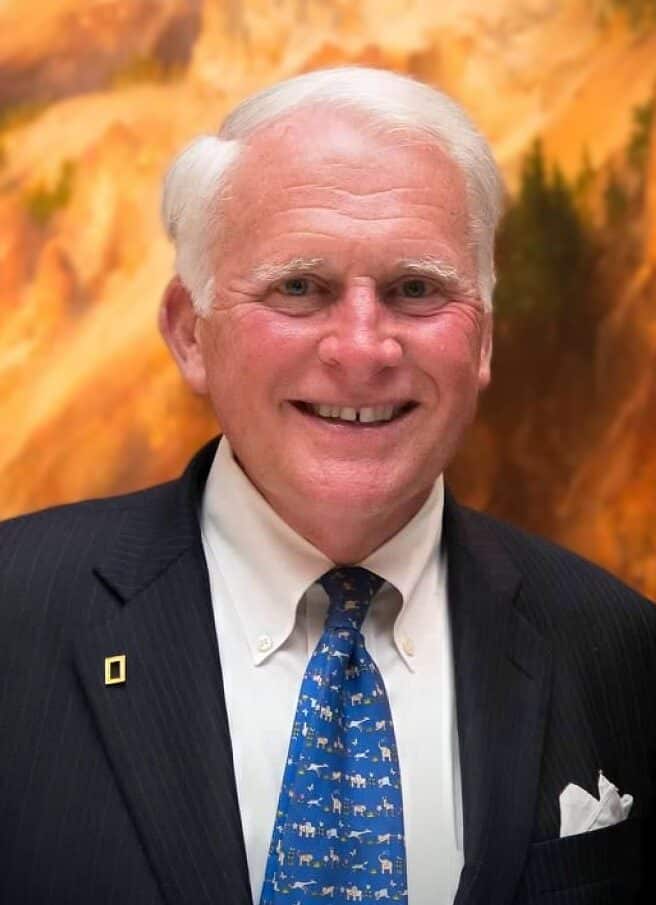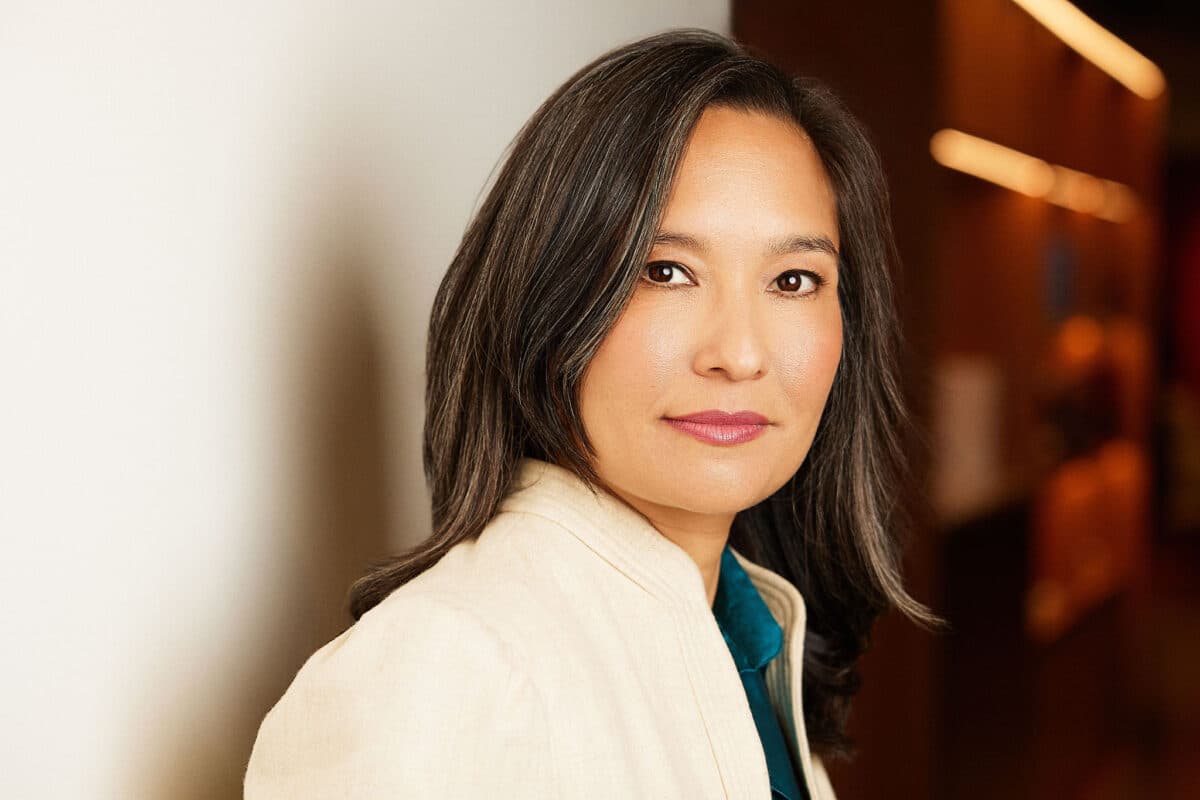The Henry Luce Foundation was formed in 1936 by Henry R. Luce, the founder of Fortune and co-founder of Time and Life magazines. Our mission then and now is to empower and transform people, communities, and institutions by boosting access to knowledge and forward-thinking ideas. Over eight decades, we’ve approached our work with the spirit of partnership and humility, in pursuit of a better world.
Our History
-
1935
The first seed is planted
Henry R. Luce makes his first major gift, an endowment at Yenching University in Peking to honor his father’s work. His parents, Elizabeth Root Luce and Henry Winters Luce, were Presbyterian missionaries and educators who worked in China during the first part of the twentieth century. Henry and his three sibliings—Emmavail, Elisabeth, and Sheldon— were all born in China.
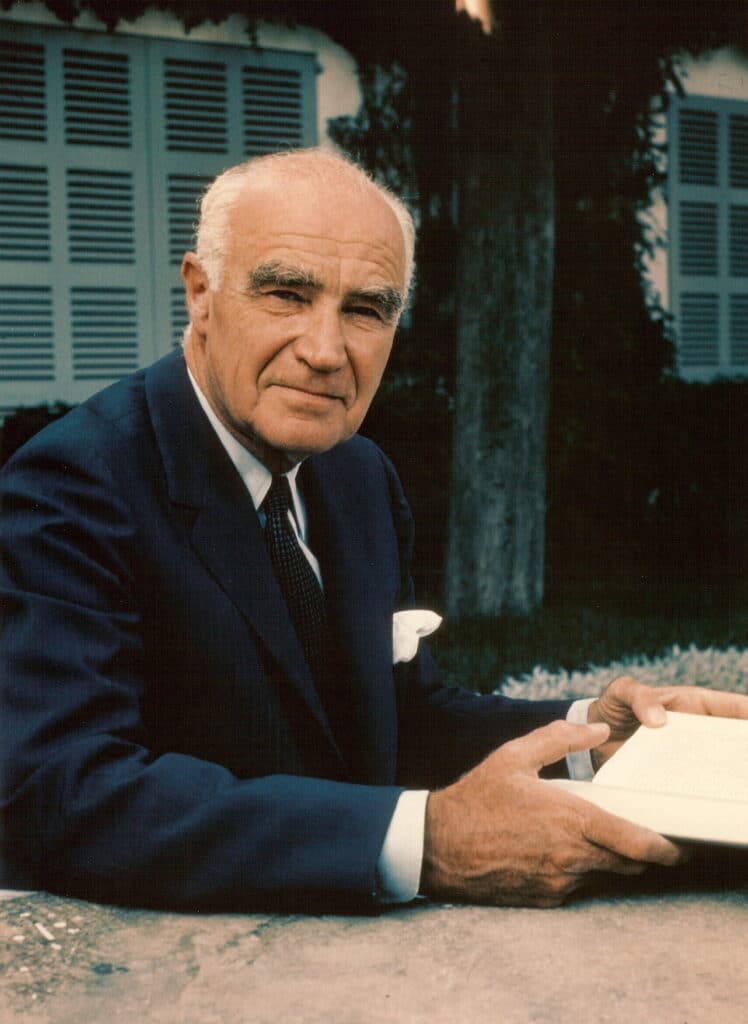
Henry R. Luce, 1962. Credit: Alfred Eisenstaedt
-
1936
The Henry Luce Foundation is born
The certificate of incorporation for The Henry Luce Foundation was filed in the office of New York’s Secretary of State on December 24, 1936, signed by the first four members of the foundation’s board and their counsel. The original board comprised members of Henry R. Luce’s family and colleagues at Time Inc.

Henry R. Luce with Clare Boothe Luce
-
1966
30 years of slow yet steady growth
Over its first three decades, the Luce Foundation emerged quietly. There were no offices or paid staff, and no formally designated programs. Grants followed the founder’s interests, and Luce slowly added to the foundation’s assets with additional stock from his publishing company. From 1936 to 1966, the foundation’s grants were mostly quite small, falling into three categories: more than 38 percent were related to Asian affairs, 36 percent to theology and ethics, and 25 percent to public affairs and policy.
-
1967
Henry R. Luce dies at age 68
At Henry R. Luce’s death in 1967, the foundation became a major beneficiary of his estate. With greatly increased resources, the foundation began to hire full-time staff to develop program areas and to expand the scope of grantmaking.
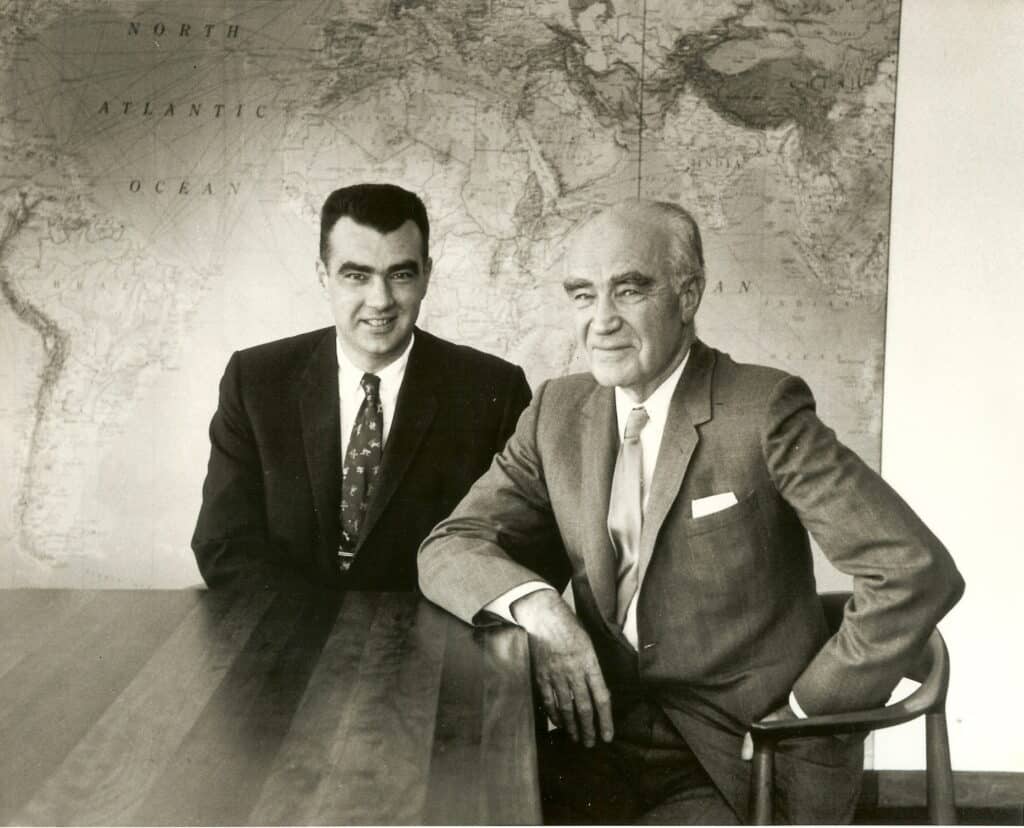
-
1968
The Foundation introduces a Professorship Program
In 1968, the board established the Henry R. Luce Professorship Program, which would fund positions at private colleges and universities in the United States and honored the founder’s interest in “ultimate questions.”
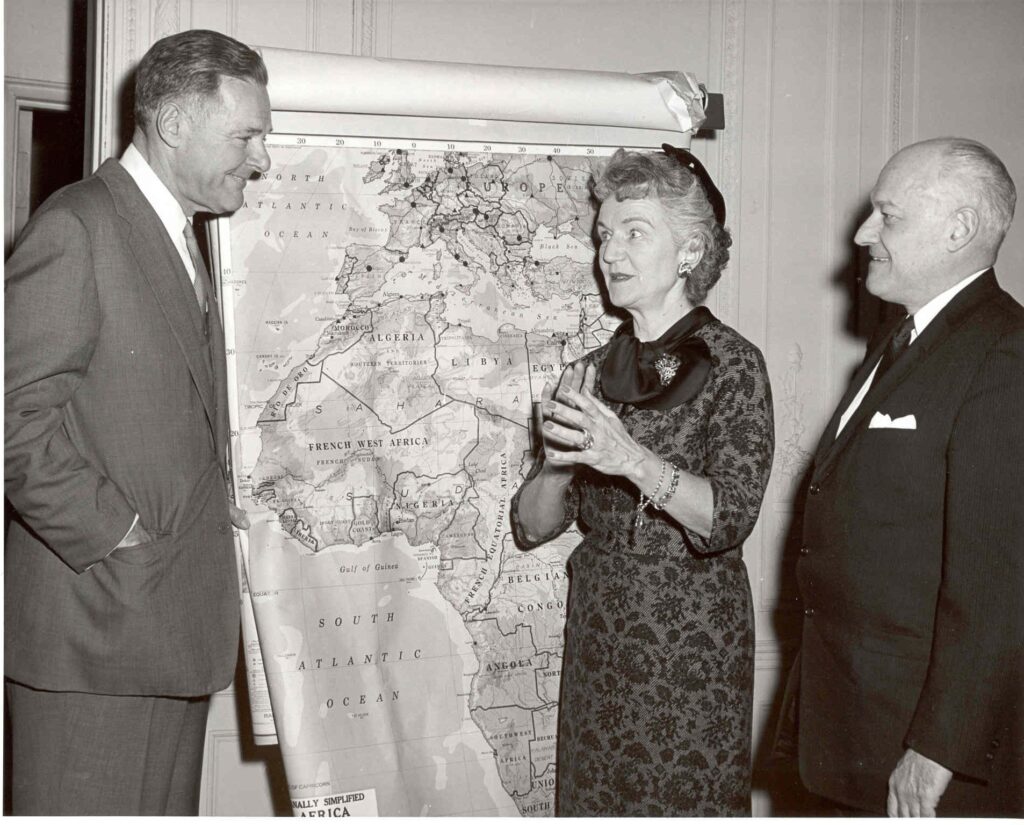
Board of Trustees 1950s
-
1974
Key grantmaking programs take shape
The Luce Scholars Program was launched in 1974, creating an opportunity each year for outstanding young Americans, with high promise of leadership in a variety of fields, to spend an internship year in Asia. Funding continued in Asian studies, theology, higher education, public affairs, and public policy, and grantmaking was increasingly organized into formal programs.
-
1980
The Foundation adds a new art scholarship
With the continued growth of its assets, the foundation in 1980 approved an allocation of $4 million to establish the Luce Fund for Scholarship in American Art, which was later designated as the American Art Program.
-
1989
The Clare Boothe Luce Program honors a legacy
Following the death of Henry R. Luce’s widow, Clare Boothe Luce, in 1987, the foundation received a bequest totaling over $60 million with a single purpose: “to encourage women to enter, study, graduate and teach in the natural sciences, in engineering, in computer science and in mathematics.” The Clare Boothe Luce Program has funded scholarships, fellowships, and professorships for women students and professors since 1989.
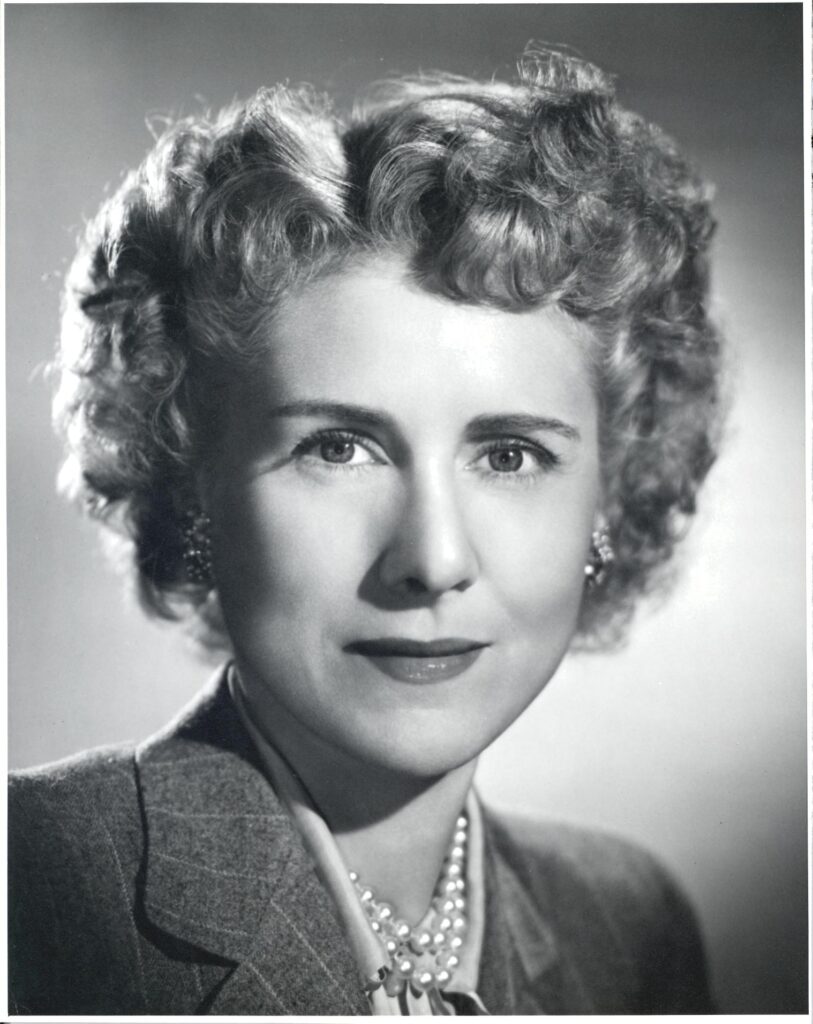
Clare Boothe Luce
-
2005 - Now
Expansion continues
In 2005, the Board approved a new initiative on religion in international affairs. Since then, across all the Foundation's programs, we have expanded our grant-making strategies to recognize and embrace a broader range of knowledge makers and creators. In 2012, the Foundation released a publication to commemorate its 75th anniversary. Since its creation in 1936, the Luce Foundation has awarded more than $1 billion in grants.
Read the 75th Anniversary Publication
Historical Leadership and Governance
Throughout its history, the foundation has been guided by a remarkably small number of leaders. The board currently numbers fourteen, and only seventeen other directors have served over the past 80 years. The founder, Henry R. Luce, never held a place on the board.
Ten individuals (listed below) have served in an executive leadership role, including Henry Luce III (called Hank), the son of the founder, who led the foundation for 44 years and ensured its continuity by forging durable and imaginative programs, building a staff, and overseeing the growth of its assets.
-
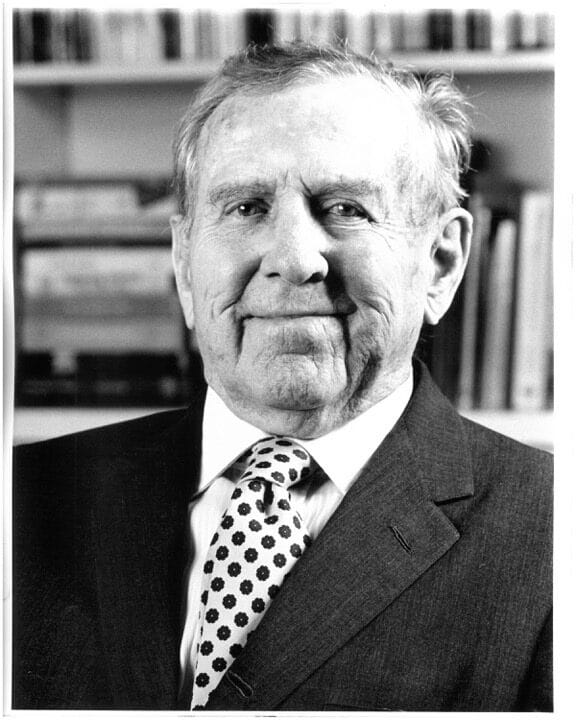
-
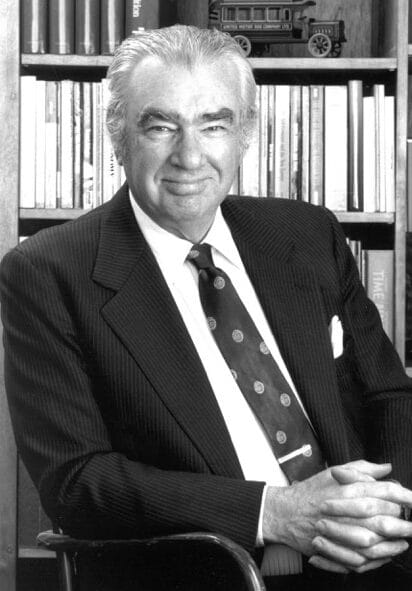
-
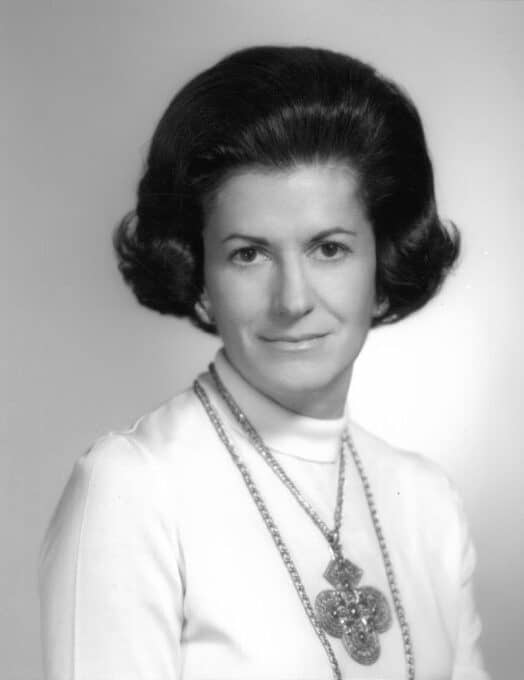
-

-
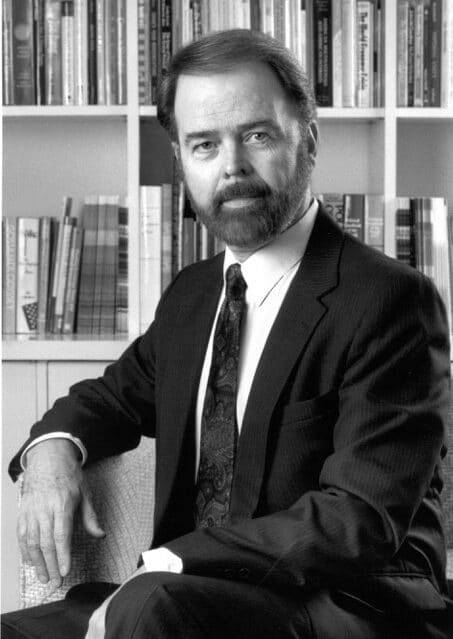
-
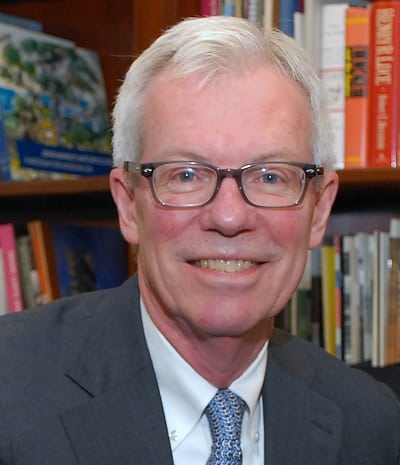
-
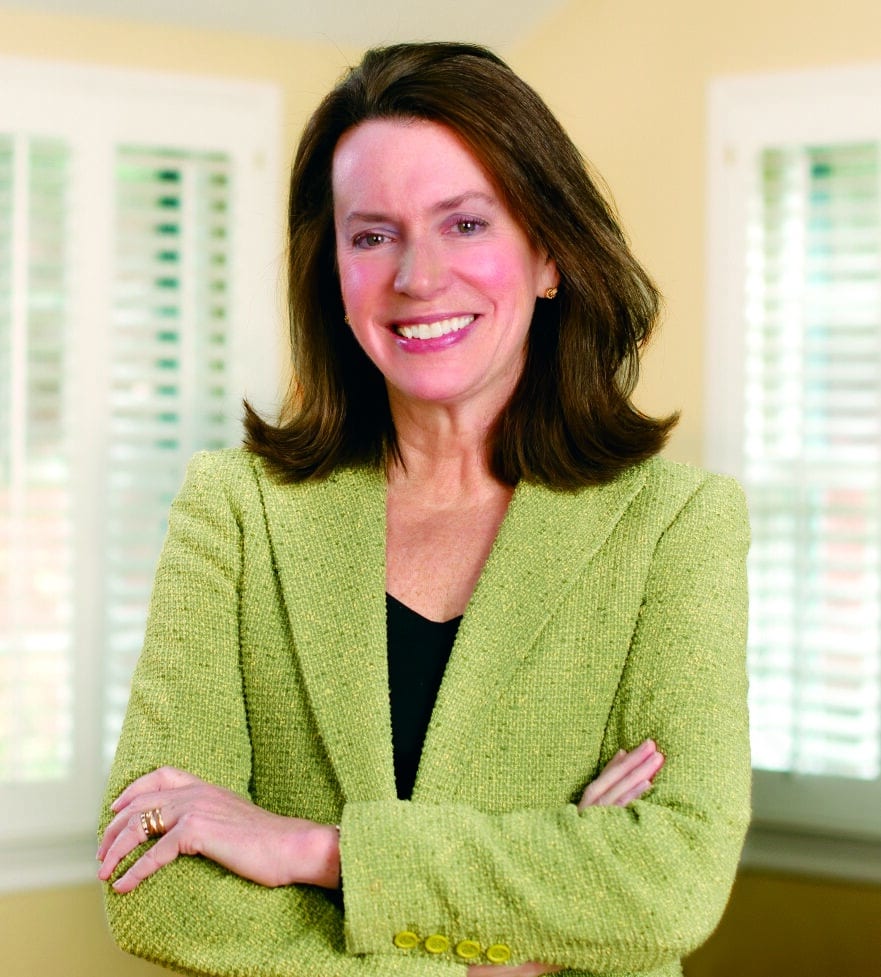
-

-
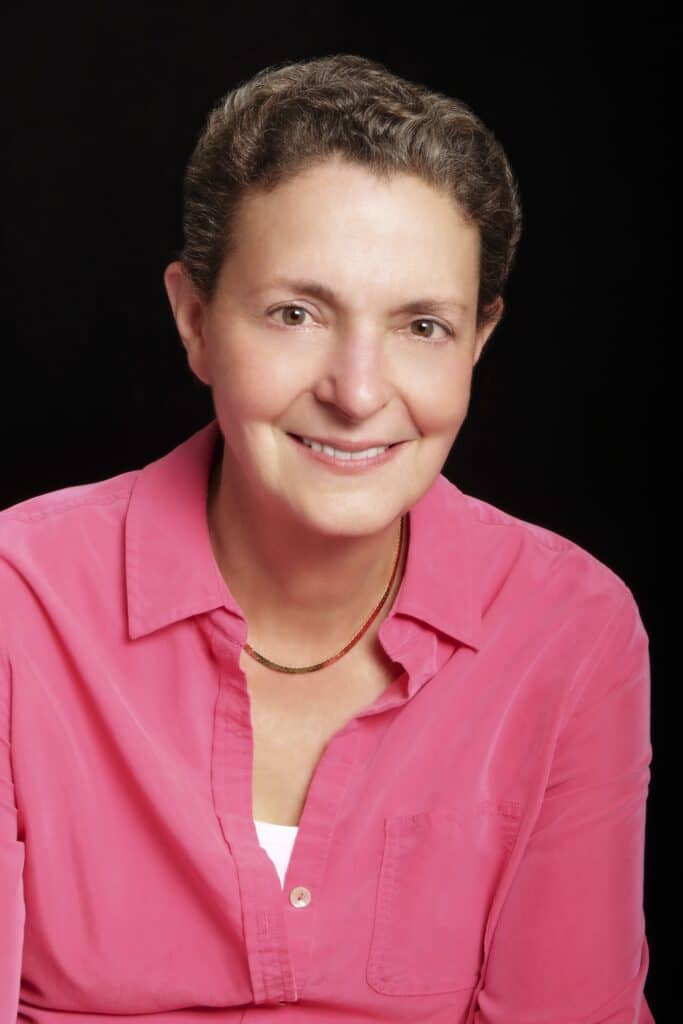
-
